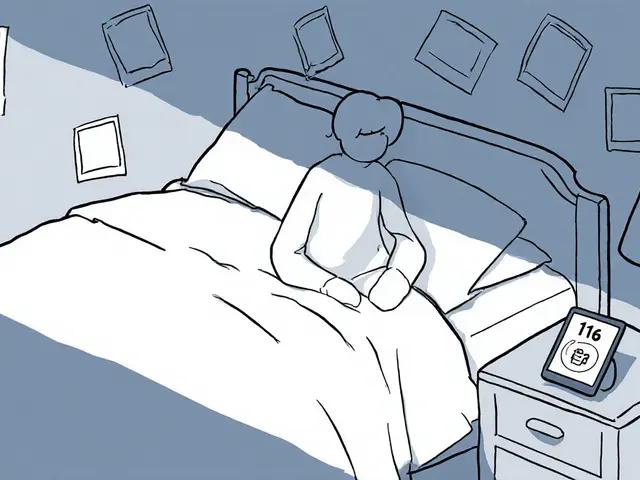Přenastavení cílů terapie: Když se změní tvůj směr a co s tím
When you start therapy, you often have a clear idea of what you want to fix: přenastavení cílů terapie, proces, kdy se původní terapeutické cíle mění kvůli novému pochopení sebe sama nebo změně v životě. Also known as přizpůsobení cílů, it is not a sign of failure—it’s a natural part of real change. Many people think that if their goals shift, they’re doing something wrong. But therapy isn’t a checklist you complete. It’s a journey where your understanding of yourself evolves—and so do your goals.
Think of it like navigation. You set out for Prague, but halfway there, you realize you actually needed to go to Brno. Do you turn back and pretend you never left? Or do you adjust your route? That’s what terapeutické cíle, konkrétní, měřitelné body, které klient a terapeut společně stanoví na začátku terapie do. They’re not fixed in stone. They’re tools. Sometimes they help you find your way. Other times, they show you that the path you thought you wanted isn’t the one you actually need.
Why do goals change? Maybe you thought you wanted to stop being anxious, but during therapy, you realize the anxiety was hiding a deeper pain—like feeling unloved or unheard. Or maybe you came in to fix your relationship, but you end up needing to work on your self-worth first. These shifts aren’t detours. They’re discoveries. And they’re common. In fact, research shows that clients who openly adjust their goals often have better long-term outcomes than those who rigidly stick to their original plan.
It’s also normal for goals to change because life changes. A job loss, a death, a new relationship, a health issue—these can all shift what matters most to you. Your therapy should reflect that. A good therapist won’t push you to stay on a path that no longer fits. They’ll help you reframe your goals using tools like SMART cíle, strukturovaný způsob, jak definovat cíle jako konkrétní, měřitelné, dosažitelné, relevantní a časově omezené, so you can move forward with clarity, even if your destination has changed.
Some people feel guilty about changing goals. They think they’re wasting time or that the therapist will be disappointed. But therapists aren’t there to judge your progress—they’re there to help you understand it. If you’re unsure how to bring up a change, just say it plainly: "I thought I wanted X, but now I realize I need Y." That’s not weakness. That’s courage.
The posts below show you exactly how this works in practice. You’ll find real examples of how people shifted their goals—from overcoming addiction to rebuilding self-worth after trauma. You’ll see how SMART goals helped them stay grounded when things changed. You’ll learn why it’s okay to outgrow your original plan—and how to do it without losing momentum. This isn’t about giving up. It’s about growing up. And in therapy, that’s the whole point.
Rekontraktace v párové terapii: Kdy a jak přenastavit cíle a formát
Rekontraktace v párové terapii je přirozený proces přehodnocení cílů a formátu terapie. Umožňuje párům přizpůsobit terapii změnám ve vztahu a zvýšit její účinnost. Když původní cíle přestanou platit, je čas změnit plán.
Zobrazit více




